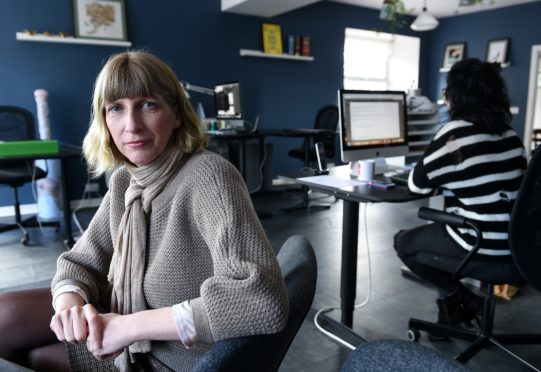With the exam season over and the results digested, thousands of school pupils are now embarking on their chosen career path.
Thirty years ago, after better-than-expected GCSE results, I was lucky enough to be able to swap my comprehensive school for one of the best private schools in the country to study for my A levels.
It was a shock in many ways, but now I have a child of my own in secondary school I have been reflecting on the differences between my many years in comprehensive education compared with the best education money can buy.
More money meant that my private school had polished banisters and plenty of textbooks, along with a swimming pool which we could use. But there were other ways in which the private school prepared pupils for success in life, and these tactics cost nothing.
One of the most marked differences was the teachers’ ambitions for their pupils. At my comprehensive school it was made very clear which occupations were open to us. We were encouraged to consider working in shops, being a secretary or mechanic or, if we worked really hard, we might be accepted on to a supermarket management training programme. We all had an appointment with a careers adviser, but children who expressed loftier ambitions were encouraged to focus on something “realistic”.
When I moved to the private school and shyly revealed that I had a secret ambition to work in TV, I was not laughed at. The careers teacher immediately began exploring the best route to get me there – what to study, where to get work experience, where to go to university. My fellow classmates were also encouraged to aim high – doctors, politicians, civil servants.
There was a big push for girls to become engineers. They had spotted the shortage of women in that sector and knew that women entering it would be highly valued. The most mundane career choice of anyone in my year group was a girl who wanted to join the police.
Thirty years later, my son is in S2 and starting to attend careers events organised by his comprehensive school. Members of local industries were invited to speak to the children and, from what I have heard, this included all the armed forces, a restaurant, an adventure centre, the care sector and the whisky industry. Meanwhile, around the same time, I was asked to speak at a careers event at a private school.
The event was very different. Whilst the whisky industry was represented here too, it was the international sales director who was present. Alongside him was a clothes manufacturer but it wasn’t an ordinary employee who attended, it was the chief executive. On our panel was a senior member of a multi-million-pound insurance company. The idea was not simply to explain how to get in the door, but to share our tips for success.
The message from both these events was exactly the same as I had seen all those years before. At my comprehensive school it was about the nuts and bolts, the minimum exam requirements for each job at the lowest level. At the private school it was about aiming high and working hard to get there. The expectation is that comprehensive kids have ordinary careers, private school kids have extraordinary ones.
Being prime minister may seem a career choice well within the reach of children at Eton who follow in the footsteps of 20 Eton-educated prime ministers before them, but the reality is that it is equally achievable for any child. You don’t even need to have great exam results – John Major had no A levels and Jeremy Corbyn achieved only two with an E grade. When it comes to success in business, you need look no further than Richard Branson, who failed all his exams and left school at 16.
I am now realising that I am making the same mistake as a parent. I have quickly quashed my 13-year-old’s suggestions that he makes a fortune by being a YouTube star or owning a biscuit factory. The digital world is our future and, with hard work and creativity, he could make a good living from being a social media influencer. Mr Walker owes his fortune to the decision of his distant relatives to build up a business from nothing more complicated than baking good shortbread. I should be mapping out appropriate career paths rather than scoffing at his ambitions.
Now my schoolfriends have all grown up and social media platforms such as LinkedIn have enabled me to find out where we all ended up. It has been heartening to find out that some of my state school friends have been very successful. One is the head of finance for a major car company, another set up her own successful fishing tackle business. None ended up in government, much less prime minister. My private school friends went on to be the politicians, doctors and civil servants they were encouraged to be. If we want to end Eton’s dominance over the most powerful job in the land then we need to consider the lessons it teaches us. We should encourage all our children to aim high, whatever their ability in exams.
Advice is free and willingly given, even by people at the highest levels. It is the one thing all kids should be able to access, regardless of the school they attend, or the income of their parents.
Eleanor Bradford is a former BBC Scotland health correspondent and now works for a communications agency.
